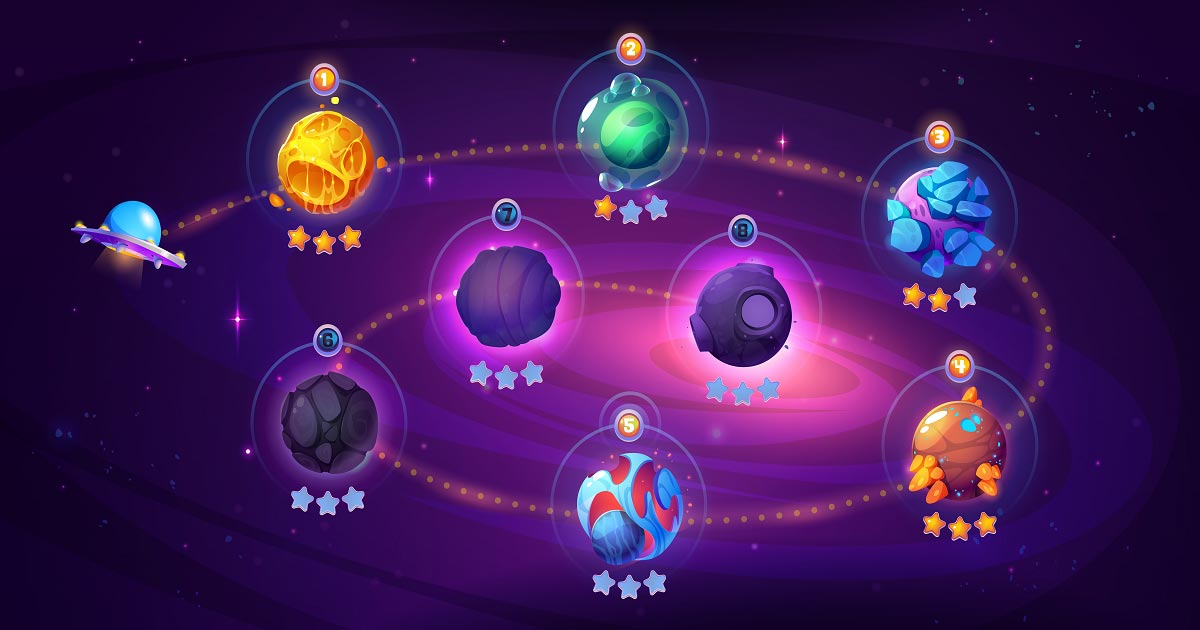
Pluto, the small, distant, and icy object in our solar system, has long been the subject of controversy and debate among astronomers and the scientific community. From its discovery in 1930 as the ninth planet to its 2006 reclassification as a dwarf planet, Pluto's status as a celestial body has been the subject of intense scrutiny and debate. In this article, we will explore the history of Pluto's discovery, its initial classification as a planet, and the arguments for and against its classification as a planet, as well as the current status of the ongoing debates and controversies surrounding Pluto's planetary status.
History of Pluto's Discovery and Initial Classification as the Ninth Planet
Pluto was discovered in 1930 by American astronomer Clyde Tombaugh, and was initially classified as the ninth planet in our solar system. For over 75 years, Pluto was considered to be a planet, and was widely taught as such in schools and universities. However, in recent years, there has been growing debate among astronomers and the scientific community over whether Pluto should still be considered a planet.
2006 Reclassification of Pluto as a Dwarf Planet by the International Astronomical Union (IAU)
In 2006, the International Astronomical Union (IAU), the organization responsible for classifying celestial bodies and their status in our solar system, reclassified Pluto as a dwarf planet. The IAU resolution stated: "A celestial body that is in orbit around the Sun, has sufficient mass for its self-gravity to overcome rigid body forces so that it assumes a hydrostatic equilibrium (nearly round) shape, and has not cleared the neighbourhood around its orbit, is classified as a 'dwarf planet.'"
Arguments for and Against Pluto's Classification as a Planet
The arguments for and against Pluto's classification as a planet are based on the definition of what constitutes a planet. Those who argue that Pluto should be considered a planet argue that its size, shape, and orbit are similar to those of other planets in our solar system, and that its status as a planet has been widely taught for over 75 years. Those who argue against Pluto's classification as a planet point to its small size, its irregular shape, and the fact that it has not cleared its orbit of other celestial bodies, which are all characteristics of a dwarf planet rather than a planet.
Current Status of Pluto's Classification and the Ongoing Debates among Astronomers and the Scientific Community
Despite its reclassification as a dwarf planet in 2006, the debates and controversies surrounding Pluto's planetary status continue to this day. Some astronomers and members of the scientific community believe that the IAU's definition of a planet is too narrow and that it excludes objects like Pluto, while others believe that the definition is necessary to distinguish between planets and dwarf planets.
Statistics on the number of celestial bodies classified as dwarf planets in the solar system suggest that there may be many more dwarf planets in our solar system than previously thought. The case study of the debate over the definition of a planet and its impact on Pluto's classification highlights the ongoing discussions and controversies surrounding the status of celestial bodies in our solar system.
Conclusion
In conclusion, the controversies surrounding Pluto's planetary status are rooted in the definition of what constitutes a planet, and the debates and discussions among astronomers and the scientific community are ongoing. While some believe that Pluto should be considered a planet based on its size, shape, and orbit, others believe that its status as a dwarf planet is more appropriate given its small size, irregular shape, and the fact that it has not cleared its orbit of other celestial bodies. Regardless of its current classification, the debates surrounding Pluto's planetary status are a testament to the ongoing exploration
Science

